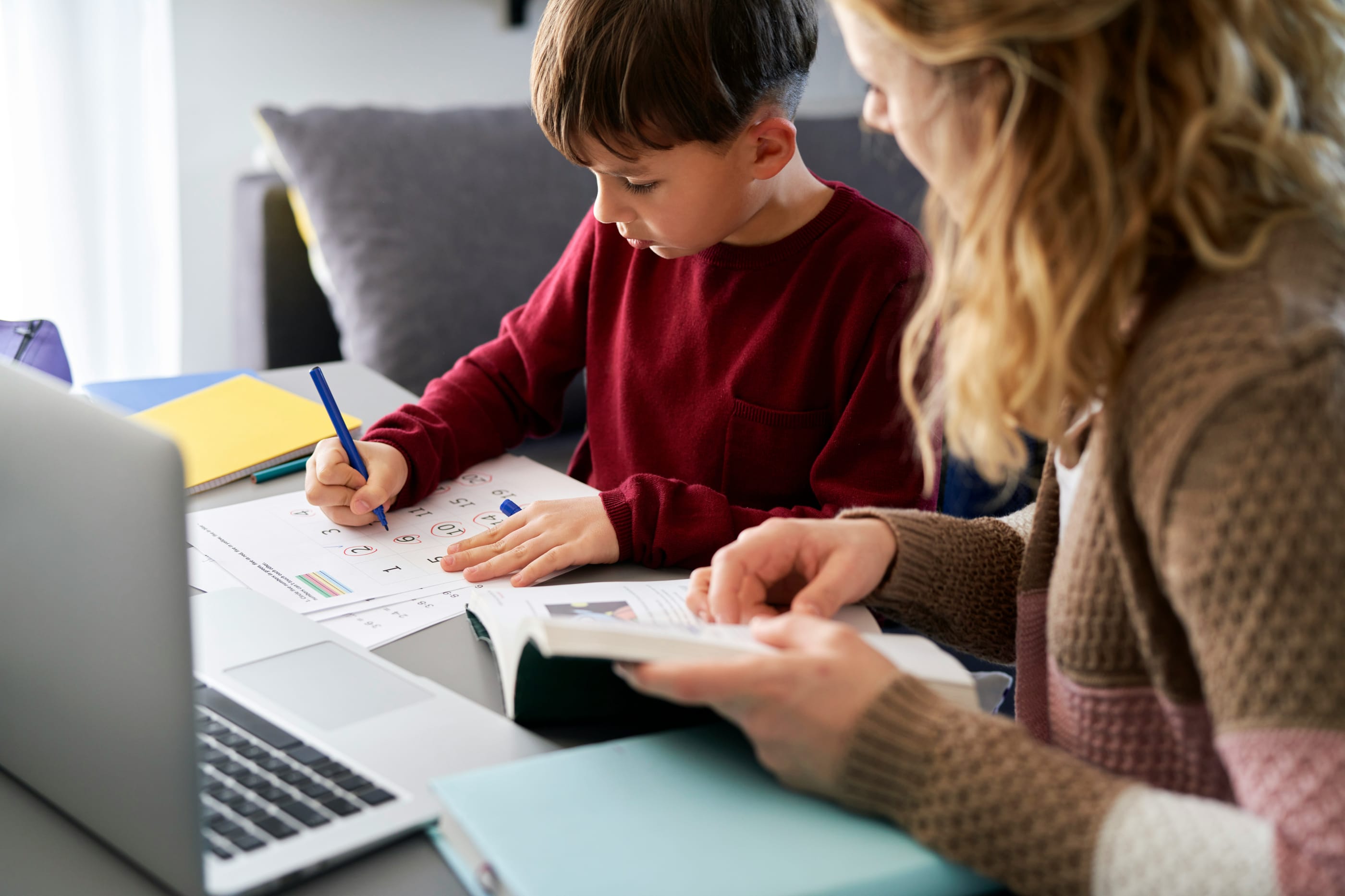Any teacher worth their salt should always ask ‘why’ and know what impact their teaching has upon the learning of their students. Why then do we continue to revere the sacred cow that is homework? Is it parental pressure, force of habit, the notion that all that extra work must do something positive?
All the evidence challenges the view that homework is working. John Hattie, whose ‘Visible Learning’ brought a weight of evidence and research to bear on education that is unsurpassed and that is required reading. In his meta-analysis of many thousands of educational studies undertaken he created an evidential judgement of worthwhile impact upon student achievement – this average bar of impact being 0.40 in effect size. Contextually, classroom discussion has an effect size of 0.82 – teacher-student relationships has an effect size of 0.72. All very positive – good stuff with proven impact. Homework has an impact size of 0.29. Any longer studies over time reduced the effect size nearer to zero – it just isn’t working. It is a dead parrot!
Now, this simply doesn’t stack up with our instinctive prejudices – can you imagine Gove and Cameron accepting this evidence? Their notion of competitive sport and even more competitive working hours simply wouldn’t align with the evidence – better ignore it. I am not some lily-livered leftie who doesn’t believe in the merits of hard work, but the evidence tells us homework as it stands isn’t working. Why are we stealing family time, play time, time for reading for pleasure, to plough on with a rather painful pursuit that isn’t working?
Why isn’t it working?
I have focused on the evidence so far. I want to stick to the evidence as it is crucial – but there isn’t evidence to explain why homework isn’t having a significant impact upon achievement, so I will surmise some conclusions of my own. Students rely on the expert instruction of teachers, and importantly, the instruction and support of their peers (this should never be under-estimated – think how much they learn from others and not directly from you). Homework takes away that scaffold for successful learning and many students flounder without support.
Homework may actually further exacerbate the divide between the most able and least able in any given group – causing a loss of crucial time in class to bridge that gap. Younger students, of Primary age, have the positive impact size reduced to nothing which may indeed support my supposition that not having the expertise and support provided in the classroom may have a troubling counter-productive effect.
Secondly, too many homeworks still remain as ‘finish the class work’ tasks. They provide little or no engagement or motivation to be completed with an investment of time that would impinge on the personal time of students in the comforts of their home spaces. Homework can therefore have the detrimental effect of turning off students from learning altogether. This often occurs because schools follow homework timetables that impose arbitrary slots for homework that must be filled, regardless of the real value for learning. teachers are then pressured to set lots of homework regardless of merit or value to the learning process.
Thirdly, so much homework now includes using the web and filtering information. The problem with this is that most students struggle to make the required filtering choices independently that makes that research process truly worthwhile – or make those key selections, beyond simply cutting and pasting a Wikipedia entry!
Baby and Bath Water
Now, I am deliberately being blunt about the problem to provoke thoughts on the subject – but I don’t think the solution is to abandon homework altogether, nor do I think we should rebrand it with educational speak – even though ‘home learning’ has a better ring to it. I think we need to rethink homework completely – ask why, ask when and ask how.
With no learning at home the vacuum may well be filled with hours of COD or whatever TV programme is being repeated endless on MTV. Parents would be rightly concerned with this state of affairs. Therefore we must communicate with parents, educate them about the evidence and support them to provide alternatives. My biggest recommendation is promoting reading for pleasure. Perhaps the single most underrated activity a child can undertake that impacts upon their school success, and indeed, their happiness and their life. Get parents involved, share reading lists, create book clubs, find time in the school day to share reading – review, discuss, even rant! Anything to promote reading to provide time for reading. All the evidence says reading for pleasure has a positive impact, but it is in inexorable decline – but that need not be the case.
Importantly, we must find time and a physical space for students to be supported with their homework, like lunchtime or after school clubs. This is particularly crucial for weaker students who are more dependent upon expert instruction and who can painfully flounder without some knowledgeable support. There is the added bonus of keeping the attendant stresses of homework out of the home altogether. How many parental arguments are triggered by the fight over homework? This emotional stress has exactly the opposite effect than what we want to create.
Whatever we do we regarding learning outside of school we must ask why, know how and carefully decide when – not simply do more of the same.






Comments